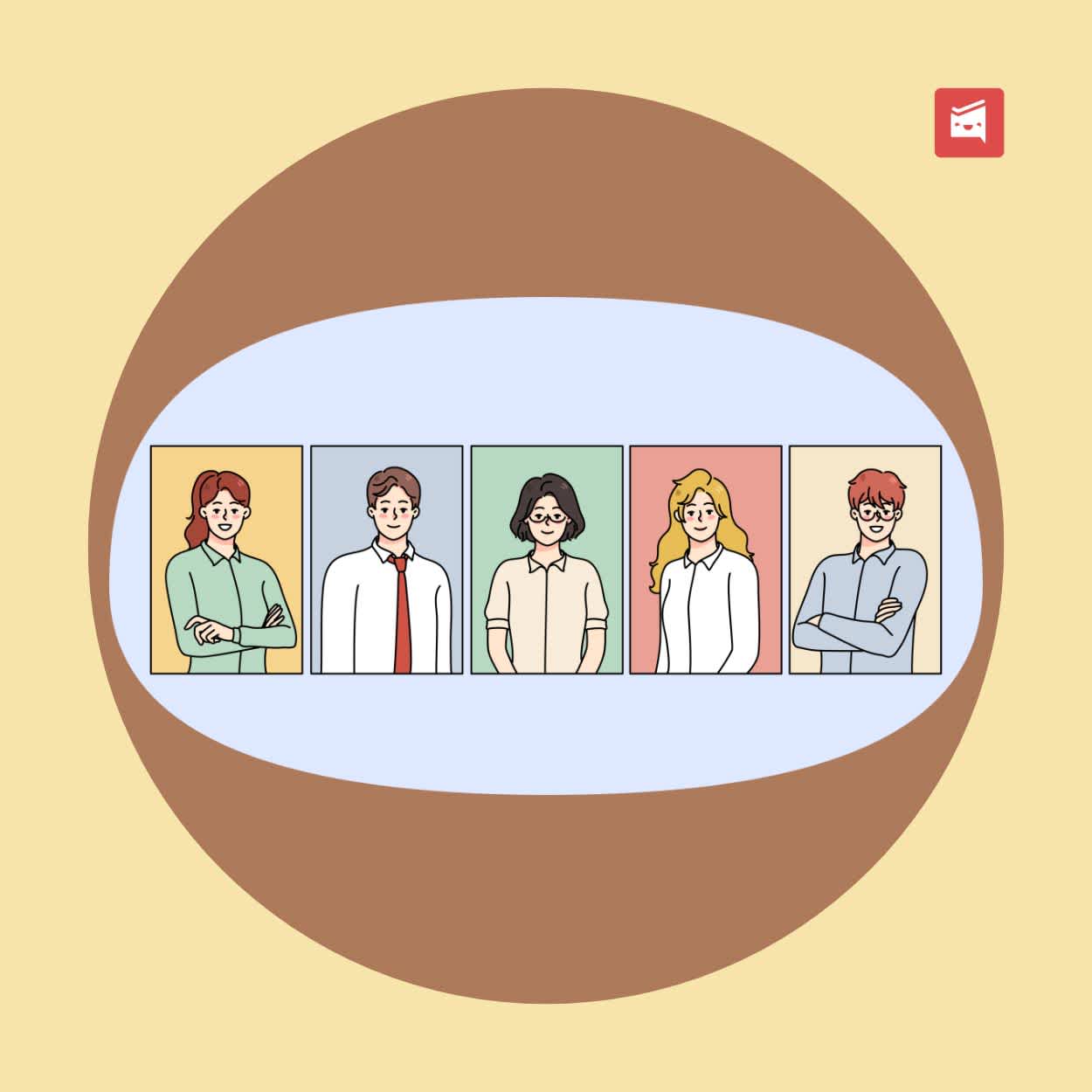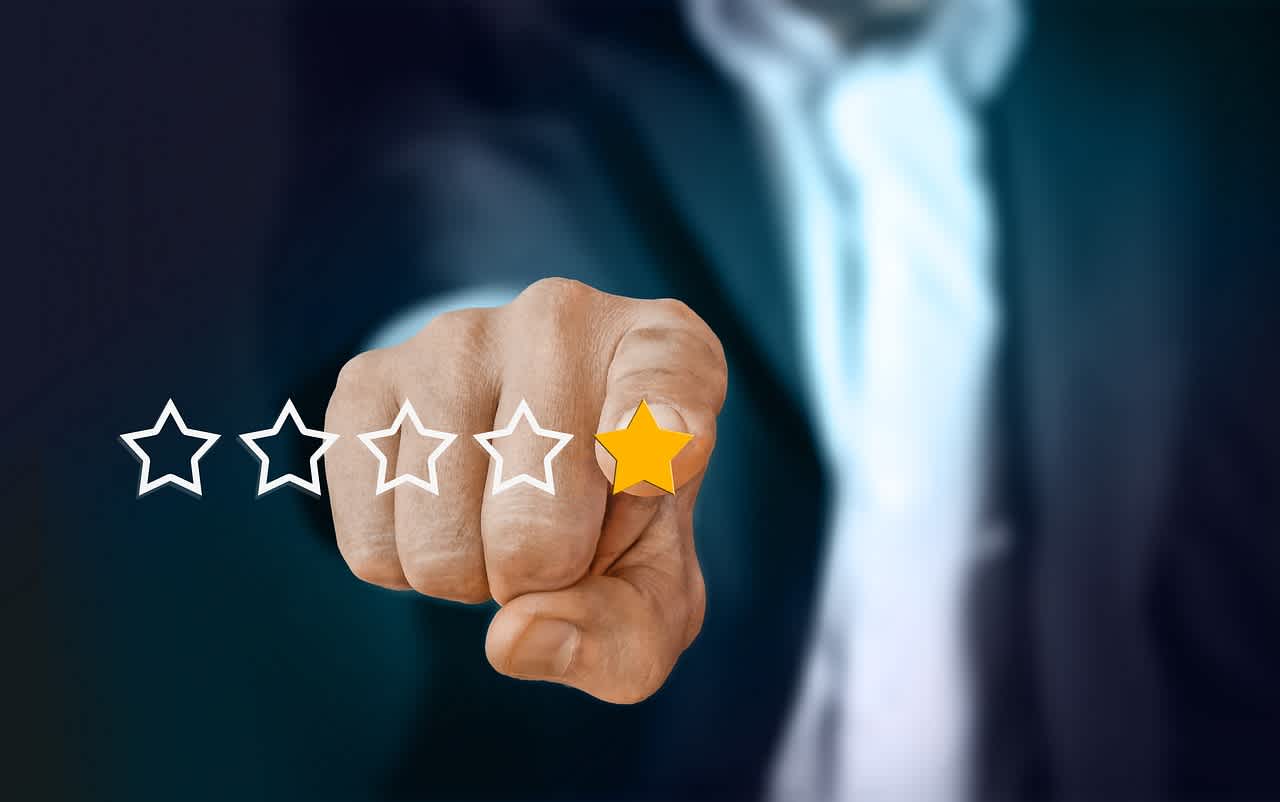Top 7 Team Personality Assessment Tools Compared: Which One Delivers Real Insights?
ByJulian Gette
Workast publisher

Workast publisher
Personality testing is a $2 billion market as of 2024, and more than 20 percent of companies already use these assessments to hire or shape teams, according to the Seattle Times and HR Daily Advisor.
Yet not every test improves day-to-day collaboration. This guide compares seven leading tools on scientific rigor, actionability, ease of rollout, and price, so you can pinpoint real value fast. Along the way, we’ll spotlight newcomers like TeamDynamics, which maps an entire team’s personality instead of labeling individuals. By the end, you’ll know exactly which assessment belongs in your next off-site.
We scored every assessment with a clear six-part rubric, then rolled the totals into a ten-point Insightfulness rating that powers our leaderboard.
Actionability (25 percent): Does the report turn traits into concrete next steps your team can try in Monday’s stand-up?
Scientific validity (20 percent): We vetted white papers and peer-reviewed studies to confirm there’s real psychology, not horoscope-style guesswork, behind the model.
Ease of rollout and integration (15 percent): If a platform demands weeks of certification, adoption stalls.
Reporting horsepower (15 percent): Dynamic heatmaps, comparison views, and coaching nudges help lessons stick.
Value for money (15 percent): Sticker price matters only in the context of the features and support you receive.
Adoption and support (10 percent): Active communities, clear docs, and live help desks keep momentum high long after launch day.
For readers who want to see how other researchers structure their comparisons, this analysis of six leading team assessment platforms offers another perspective on ranking by features, cost, and fit.
Most workplace assessments start by labeling individuals and only later stitch those results into a team view. TeamDynamics flips that approach. It begins by analyzing how the team as a whole communicates, makes decisions, and gets work done—then shows how each member’s personal style fits into that bigger picture.
Each teammate completes a short, research-backed assessment that takes only a few minutes. The platform then maps responses across four key behavioral dimensions to place your group into one of 16 TeamDynamics types. The outcome isn’t a horoscope—it’s a data-driven snapshot of how your team actually collaborates day to day.
Your results arrive in an interactive, shareable report and lightweight dashboard. Every insight is paired with plain-language, tactical tips—like “try silent brainstorming before stand-ups” instead of vague theory. Managers can walk through the findings over coffee and leave with a concrete action plan.
Built specifically for today’s fast-moving teams—tech, consulting, product, and operations—TeamDynamics focuses on real team behavior, not abstract personality traits. It helps teams see strengths, friction points, and opportunities for better collaboration in minutes.
TeamDynamics works as a standalone, self-serve platform. There are no integrations, no IT setup, and no HRIS connections required—just sign up, invite your team, and start exploring results right away.
The 16-type model is research-backed and designed for workplace collaboration. While peer review is still in progress, the framework provides immediate, practical insight into how teams operate and how to improve tomorrow.
The Myers-Briggs Type Indicator is the world’s most recognizable personality framework. Its brand familiarity makes rollout nearly effortless—colleagues often know their four-letter types before the workshop even begins. MBTIonline Teams takes the classic 93-item questionnaire and adds a self-guided portal. Once everyone completes the 30–45-minute assessment, the platform generates a team grid plus short learning modules on conflict, decision making, and communication.
Pricing starts at $99.95 per participant for groups of three or more. No certified facilitator is required, which makes MBTIonline Teams an accessible option for distributed or hybrid teams.
It creates an instant shared language that builds empathy and trust quickly. While its scientific validity is limited compared with modern trait-based tools, MBTI remains a friendly, low-pressure way to open conversations about working styles.
Hogan offers a comprehensive look beneath the surface of team dynamics through three instruments: the Hogan Personality Inventory (HPI) for everyday strengths, the Hogan Development Survey (HDS) for stress-related derailers, and the Motives, Values, Preferences Inventory (MVPI) for deeper drivers. The combined Team Report reveals shared strengths, culture gaps, and potential friction zones that impact performance.
Pricing varies by consultant, typically in the low- to mid-hundreds of dollars per participant, plus facilitation fees. Each participant completes about 45 minutes of assessments and receives an expert debrief.
Hogan is trusted by 75% of Fortune 500 companies for leadership development and succession planning. Its scientific reliability and validated scales make it the go-to for executive teams that need data-driven insight into performance and culture fit.
Originally built for recruitment, the Predictive Index Behavioral Assessment takes just six minutes and maps each person’s natural drives and needs. The platform’s Team Discovery tool then plots the group’s profile against its business goals—like launching a new product or improving process control—and highlights potential gaps. Relationship Guides offer tailored communication tips between teammates.
PI operates on a subscription model, with mid-size organizations typically spending in the low five figures annually, plus optional certification for an internal “PI Champion.”
It’s one of the few platforms linking hiring, team design, and ongoing coaching under one system. Teams value its speed, science-backed framework, and integration with HR systems—but lasting success depends on having a dedicated internal advocate.
Gallup’s CliftonStrengths assessment ranks 34 talent themes after a 177-question quiz, helping teams understand where their natural energy lies. Managers often use the shared Strengths Grid to balance roles—for instance, pairing Ideation with Discipline for innovation that delivers. The Gallup Access platform includes videos and playbooks that make application easy.
Pricing starts at $24.99 for a Top 5 report or $59.99 for all 34 themes, with enterprise dashboards available at higher tiers. The test takes about 30–35 minutes.
Its positive, strength-based language fosters engagement and collaboration. CliftonStrengths is ideal for teams that want to align natural talents with project work and build a shared vocabulary around what each person does best.
EverythingDiSC condenses behavioral styles into four letters—D, i, S, and C—making it one of the easiest team tools to remember. After a 15–20-minute adaptive survey, the Catalyst™ platform generates side-by-side comparison tips for colleagues and interactive learning modules. Wiley, the publisher, reports reliabilities above .85 and 90% user-rated accuracy.
A Workplace profile costs about $64.50 USD per participant, with one year of Catalyst access included. No certification or technical setup is required.
It gives teams a simple, visual framework to improve day-to-day communication. While it’s less data-heavy than advanced analytics tools, DiSC shines for building quick awareness and smoother collaboration across different styles.
The Enneagram categorizes people into nine core motivation types—from the idealistic Reformer to the easygoing Peacemaker. Its 40-minute questionnaire produces a personalized report detailing strengths, blind spots, and growth paths under stress and security. Many teams pair the assessment with guided workshops or reflection exercises.
Self-serve Enneagram tests start around $12 USD per participant, with certified facilitator sessions available for deeper exploration.
The Enneagram focuses on why people act as they do, not just how—unlocking empathy and emotional intelligence in teams. It’s best suited for retreats or coaching groups that prioritize connection and self-awareness over metrics.
Once the team personalities are clear, it’s critical to translate that clarity into shared direction — see How to Keep Teams Aligned in the Workplace for practical alignment strategies.
The most effective team assessment isn’t the one with the most questions or flashiest visuals- it’s the one that sparks real behavioral change. Each of the seven tools reviewed here serves a distinct purpose. The right choice depends on your goals- whether you’re fine-tuning collaboration, shaping culture, or planning long-term leadership development. Whichever path you choose, remember that assessments only create value when their insights turn into action. The true measure of success isn’t knowing your team type - it’s how effectively your team performs together the next morning.
Personality tools like MBTI or Enneagram focus on individual traits, while team assessments like TeamDynamics or Hogan Team Reports analyze how those traits combine to shape group behavior—how people communicate, decide, and deliver together.
Hogan leads on research validity, with decades of peer-reviewed data and predictive power for job performance. The Predictive Index and CliftonStrengths also have extensive validation histories. Tools like MBTI and Enneagram are easier to understand but less supported by academic evidence.
TeamDynamics and The Predictive Index take under 10 minutes per person and require no facilitators or IT setup. EverythingDiSC also offers quick deployment through its Catalyst™ portal.
For leadership alignment, Hogan and The Predictive Index are preferred. They uncover derailers, cultural gaps, and performance predictors that matter in critical business decisions.
The Enneagram starts around $12 per person, making it ideal for small teams or pilot projects. TeamDynamics also offers strong value at $39 per user (one-time)—no subscriptions or hidden fees.
Most organizations refresh results annually or during major team changes (new hires, restructuring, or leadership shifts). Tools like TeamDynamics or CliftonStrengths can serve as ongoing reference points during retros or one-on-ones.
Absolutely. Many teams use MBTI or CliftonStrengths for awareness, then add TeamDynamics or Hogan for behavior-based insights tied to performance. The key is sequencing: start light, then go deeper once trust and curiosity are established.
